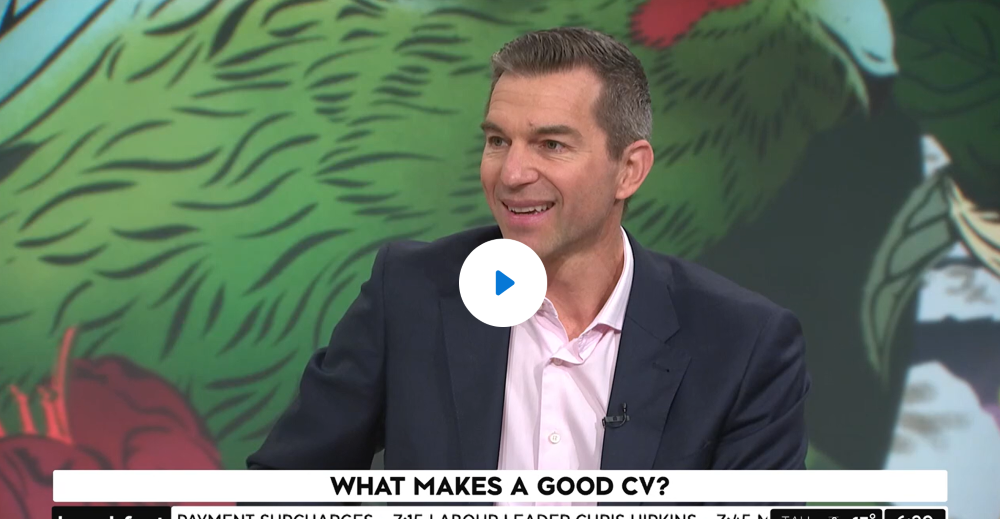June 25, 2025
The Lonely Heights of Leadership
by
Craig Malcolm
How Senior Executives Can Find Support and Connection.
What I hear often as an executive search consultant is that the most senior roles in an organisation are also the loneliest. At the top, leadership brings not just responsibility and pressure, but also a pervasive sense of isolation. While the view may be enviable, it can be a solitary place. The expectation to have all the answers, remain composed in a crisis, and make tough, often unpopular decisions, creates a unique sense of distance from others.

The Isolation of Senior Leadership
Many executives find they can’t fully confide in their teams, fearing it could undermine authority or place unnecessary pressure on employees. Board members and investors may not be ideal confidants either, given their distinct priorities. Even the most supportive friends and family may struggle to understand the complexity of executive decision-making, leaving leaders without a trusted, judgment-free sounding board.
This isolation can have real consequences, not only for personal well-being but also for creativity, decision-making, and organisational success. The challenge, then, is how to break through this loneliness and cultivate meaningful, professional connection.
Strategies for Overcoming Executive Loneliness:
1. Find a Trusted Executive Coach or Mentor
From my conversations with senior leaders, I’ve seen how valuable a confidential, unbiased space can be. Executive coaches offer a professional sanctuary where leaders can work through challenges, refine strategies, and gain objective perspective. Likewise, a mentor, someone who has navigated similar leadership terrain, can provide wisdom, reassurance, and grounded advice.
I’ve noticed this type of support become far more prevalent and have met some excellent coaches, including Sam Shosanya of Seed Business Associates. In fact, the last COO I placed negotiated to have the cost of her coach paid by her new employer, this is a fair and increasingly common point of negotiation.
2. Build a Personal Board of Advisors
Just as companies have boards for strategic guidance, senior leaders can benefit from their own circle of trusted advisors. This might include former colleagues, respected peers, industry veterans, or mentors from adjacent sectors who bring diverse insight and candid feedback.
This group could be a formal advisory board, or an informal group. You might even find yourself playing the role of advisor to each other’s businesses.
3. Prioritise Mental and Emotional Well-being
The psychological toll of leadership should not be underestimated. Mindfulness practices, and executive wellness programs can help leaders build resilience, manage chronic stress, and maintain emotional clarity. The country manager of a recognisable multi-national business recent shared his burn-out story with my colleague, having to take 4 weeks off work, which turned into 10 weeks, because he ignored the early signs of chronic stress.
We have personally seen the toll Covid, then the recent recession, has had on Executive job seekers. Our view is there are a lot of senior leaders in New Zealand who are feeling the effects of burn out. Historically it was common for an executive to exit their role and freshen up mentally before engaging in their next position. The downturn has meant increased risk of a prolonged period unemployed, pushing some to stay in their roles longer than is healthy
4. Engage with Professional Development Organisations
Organisations like Weave Leadership in Auckland, or the Institute of Directors offer executive-level support spanning topics like governance, leadership, strategy, and personal growth. Weave is a standout in this regard, combining the best of networking, small high-trust group learning, and tailored workshops run by highly regarded thought leaders. The level of comradery and vulnerability it creates is without peer in our view.
5. Taking Control of Your Own Learning and Development
I often remind senior leaders that in-house development tends to taper off at this level — making self-directed learning even more vital. Unlike junior or mid-level roles, senior executives often find that structured internal development programs are limited or non-existent. To stay sharp and continue growing, leaders must take the initiative in seeking out external education, peer learning, and thought leadership opportunities aligned to their specific needs.
Consider setting aside time each quarter for development goals — whether that's attending a governance workshop, joining an executive forum, or exploring coaching relationships. In the absence of a comprehensive executive leadership development programme (really only very large corporates) we also believe it to be best practice that Executives Teams have an annual allowance for professional development – if this isn’t the case at your organisation it is worth advocating for.
6. The Power of Connection
Being at the top doesn’t mean going it alone. By intentionally seeking out support networks, trusted advisors, and peer relationships, senior leaders can face challenges with greater clarity, confidence, and calm. Not only will you improve your own well-being, but you’ll also make stronger, more well-rounded decisions for your organisation.
No leader should have to shoulder the weight of responsibility in isolation. Connection is not a luxury; it's a leadership asset.
At Cultivate Executive Search, we understand the complex emotional and strategic landscape that senior leaders operate within. Beyond matching executives with forward-thinking organisations, we partner with leaders through career coaching, onboarding support, and access to trusted networks. Whether you're navigating a transition or looking to future-proof your leadership team, our work is grounded in building lasting, human connections at the top.




